Paula Munier




The Hiding Place coming March 2021
Paula Munier is the author of many published books, both fiction and nonfiction. Her novel, The Borrowing of Bones, was published in 2018, with Blind Search following in 2019. Her work can be found on www.paulamunier.com.
How long did it take you to write your first novel and did it get published?
I wrote my first novel in my late twenties; it took a couple of years. I had no idea what I was doing but it got me my first agent. No, it didn’t get published but it got me my first agent. And one of the editors who rejected it got a new job as a children’s book editor and contacted me about writing a syndicated series novella for her. She said she remembered that the characters in that unsold novel were kids at the beginning, and they were well-drawn characters. I learned a lot writing that little kids’ novella to the series’ specs. They also insisted I take Robert McKee’s Story workshop, which was invaluable.
What is your process for writing? Do you write every day?
By day I’m a literary agent, so I squeeze in writing when I can, like all my clients with day jobs. I used to need big blocks of time because I wrote in long spurts, but now I’m training myself to write on trains and buses and planes, wherever and whenever I can. I started off as a reporter in a newsroom, so I tend to tune out everything around me—be it TV or music or people talking. It’s all white noise to me.
Are you an “outliner” or a “pantser”? Do you know the ending of your story before you begin, or do you let the story write itself?
I literally wrote the book on plot, PLOT PERFECT: How to build unforgettable stories scene by scene, so I’m a believer in outlining. I create story beat outlines, and more or less follow them. In a mystery, there’s the storyline you tell the reader, the one in which the sleuth solves the crime. There’s also the storyline of the crime itself, which the reader must discover along with the sleuth. I’ve learned the hard way to plan out the latter as well as the former. I usually know the ending, but not necessarily the final twist. That I often discover along the way.
Where did you get the idea for your novel?
BLIND SEARCH, the second book in my Mercy Carr mystery series, was inspired by the true story of a boy with autism who wandered off into in the woods and was rescued safe and sound by search-and-rescue volunteers. As a mystery writer, I thought: What if a little boy with autism got lost in the woods and witnessed a murder? And I was off and running…
Who was your first reader? Did you have beta readers? How many?
These days, my agent, the fabulous Gina Panettieri, founder of Talcott Notch Literary, is usually my first reader, along with a few trusted friends who are also publishing professionals. And of course, my editor. Earlier in my writer’s journey, I belonged to several writers’ groups.
How many agents did you submit your query to before finding one to represent you? And how many requests did you have for a full manuscript before you got the call?
I got my first agent many years ago through the usual query letter process. I did my research, queried 50 agents, got five requests for full manuscripts, and one of the five offered me representation. That was the novel that never sold but led to the publication of the kids’ novella. Then I became an acquisitions editor and didn’t write any more of my own work for several years. By the time I got back to writing, I’d done a lot of deals with Gina and we were pals, so she volunteered to represent me when I had a project to shop.
.
Tell us about that first published novel success and how it felt to hold that book in your hands.
Holding the hardcover copy of A BORROWING OF BONES, my first Mercy Carr mystery, was the fulfillment of my secret childhood wish to be a mystery writer. I still can’t quite believe it.
What words of advice do you have for aspiring authors?
Persist. Especially if you want to be traditionally published. The bar is high, so master your craft. Too many writers lose patience with what admittedly can prove a frustrating process and self-publish too soon. Which is fine if that’s what you want, but if your ultimate goal is to be traditionally published, you should resist the urge to self-publish and keep on mastering the craft of writing and learning the publishing business.
